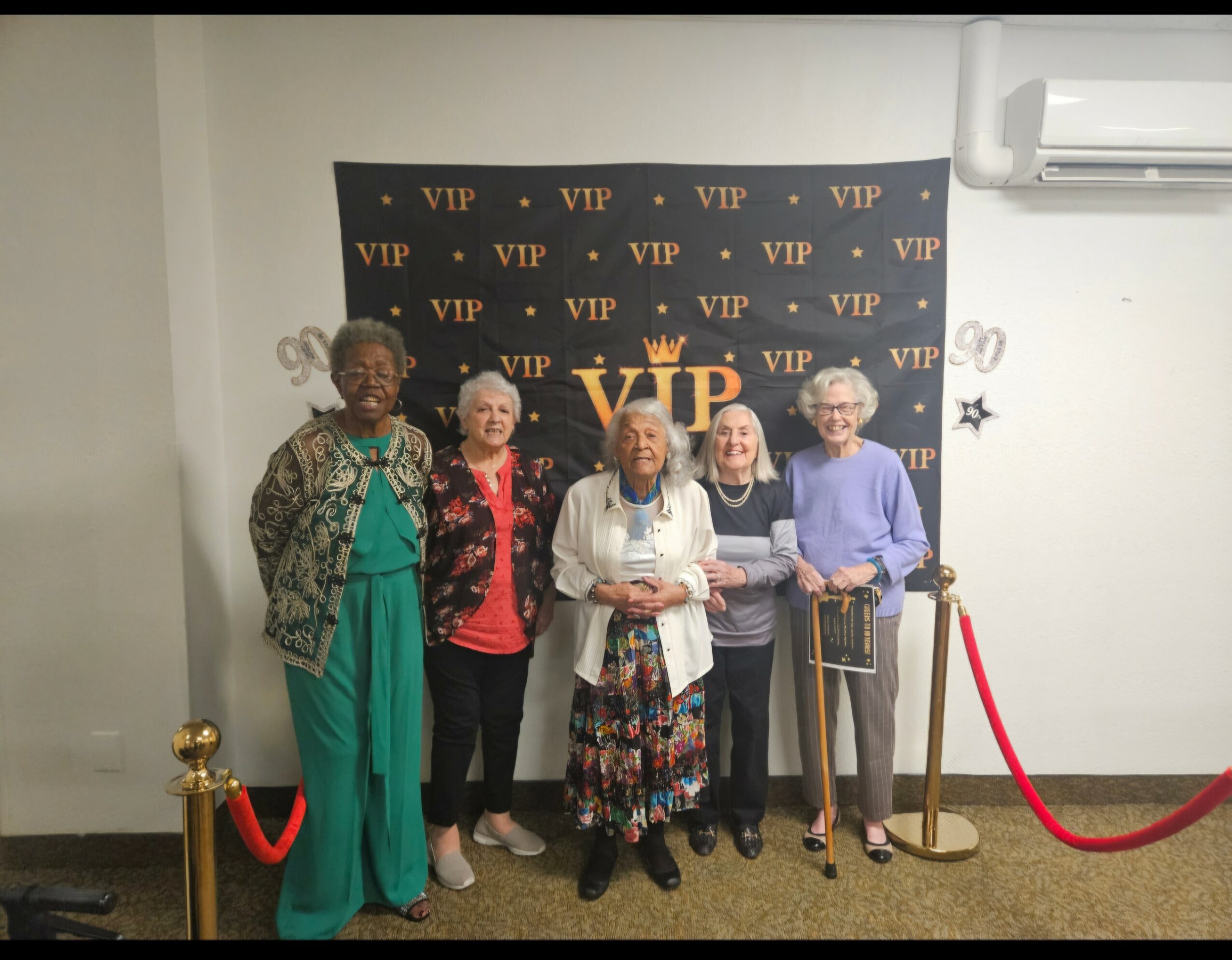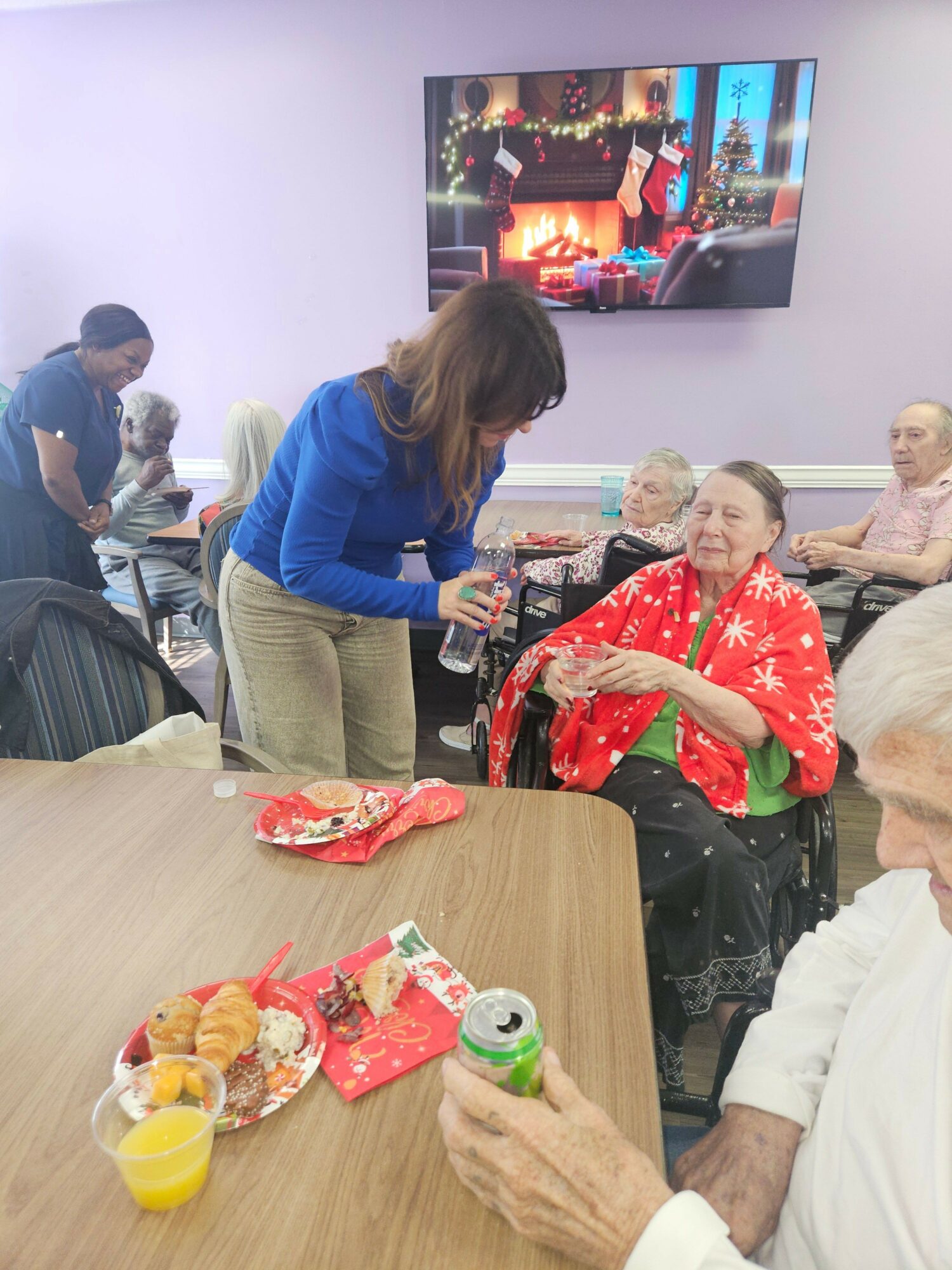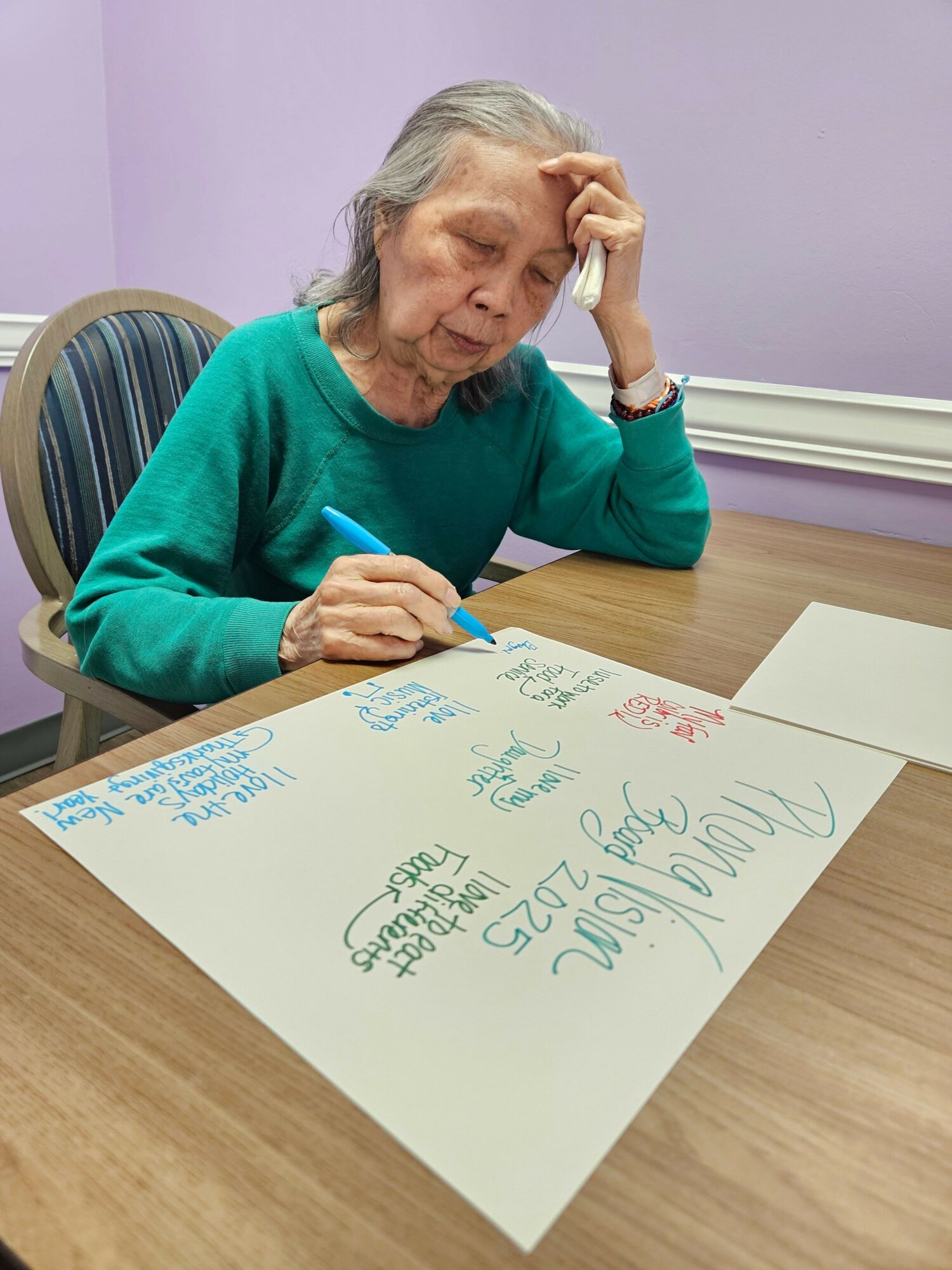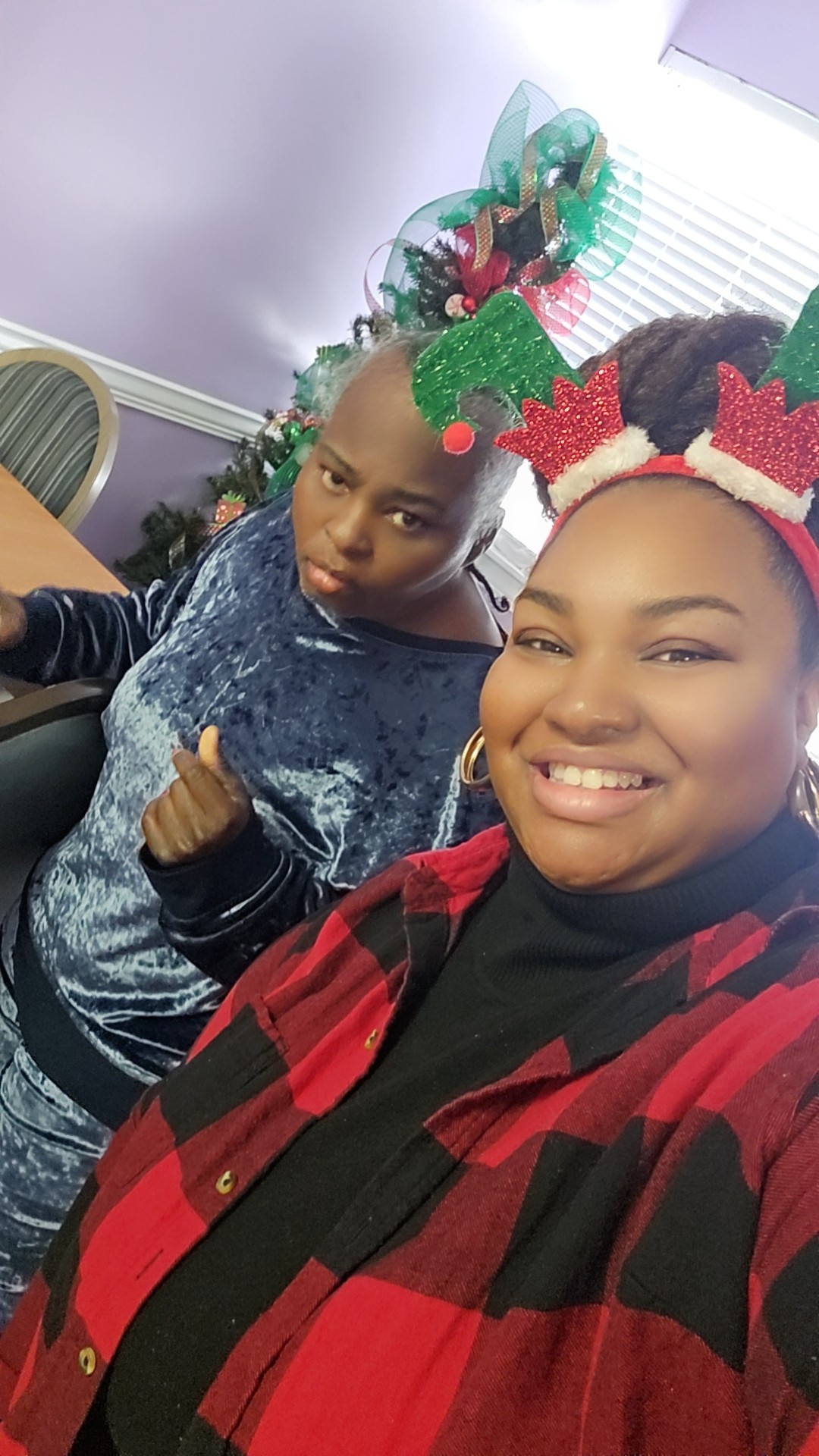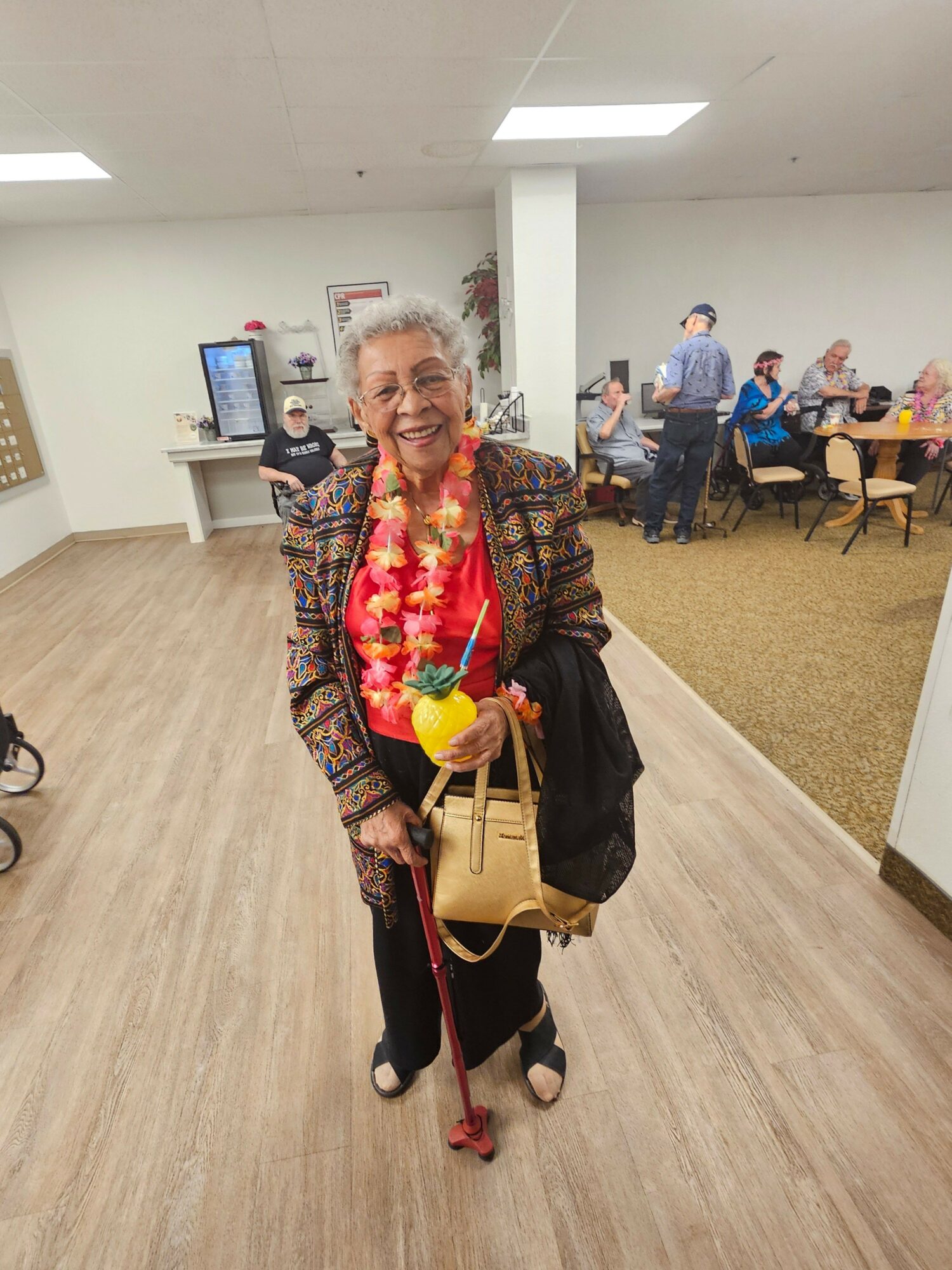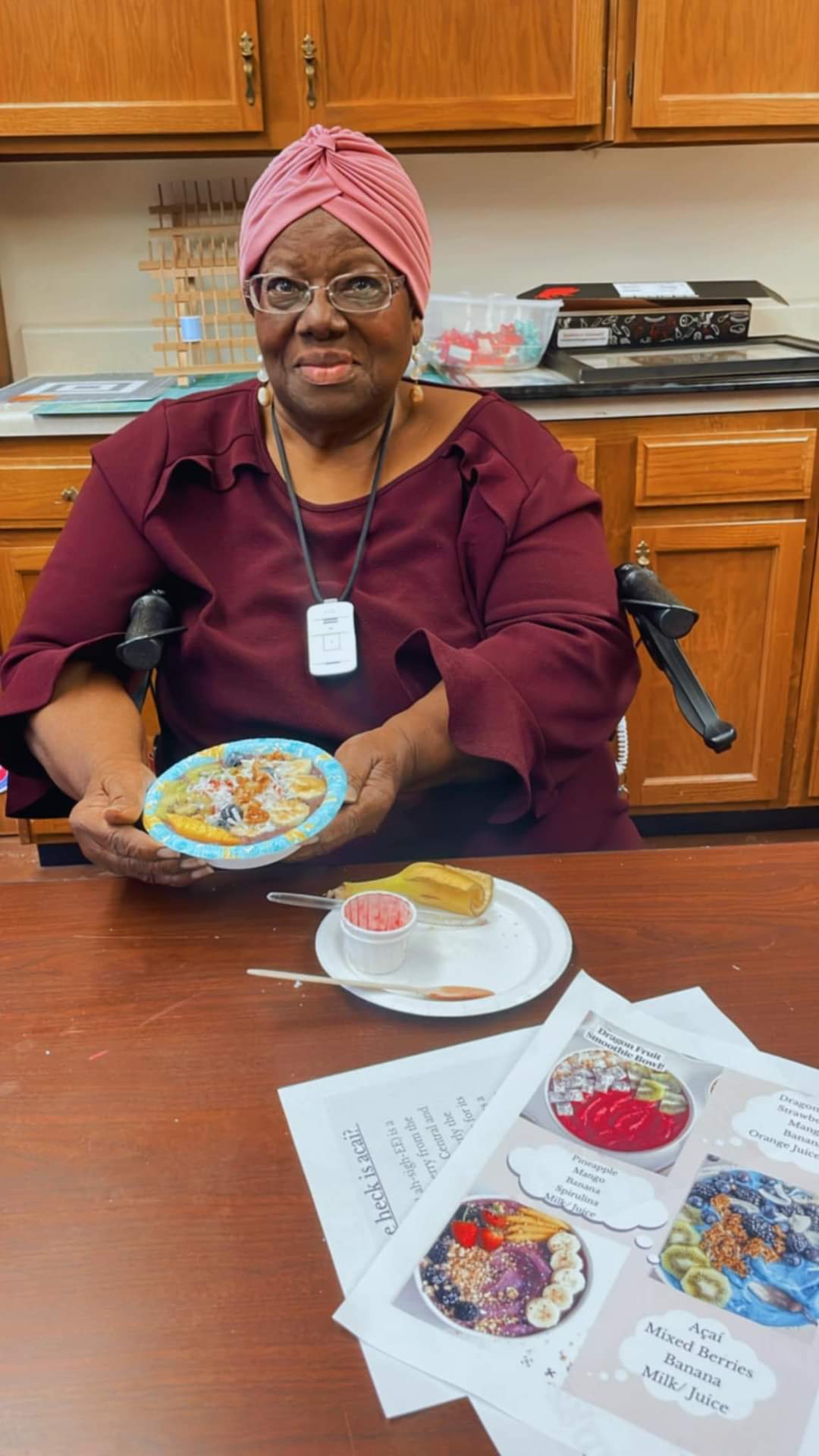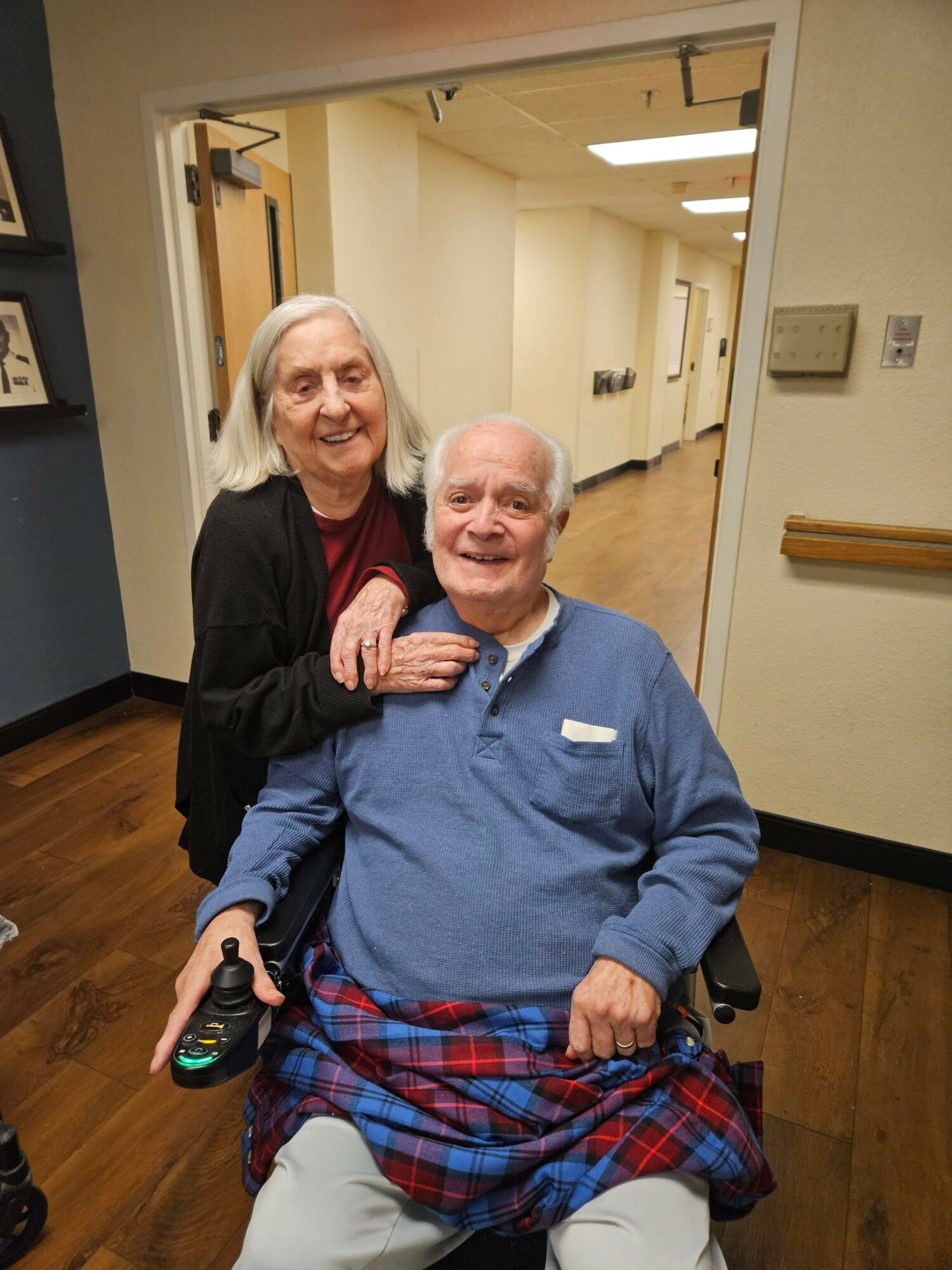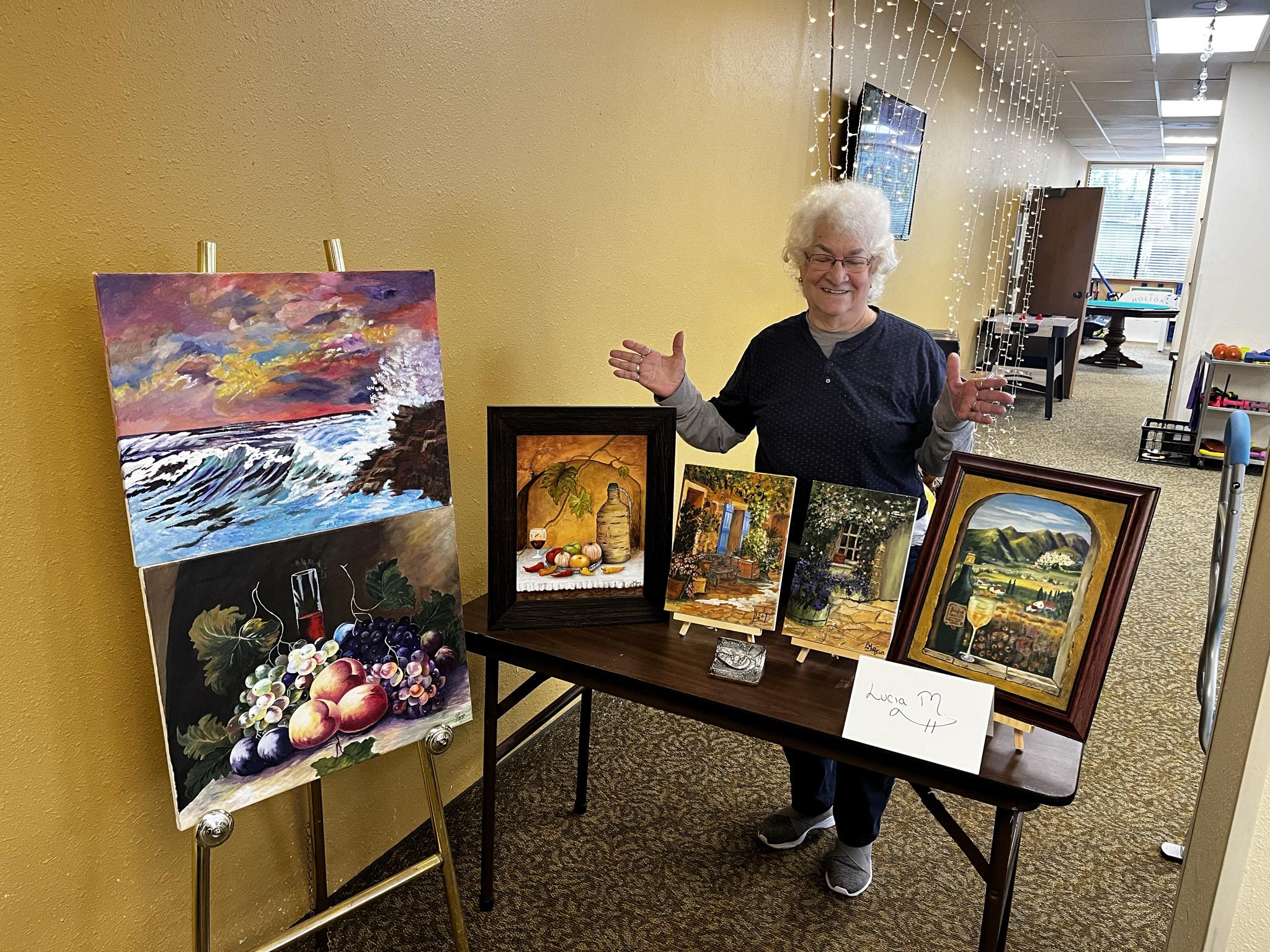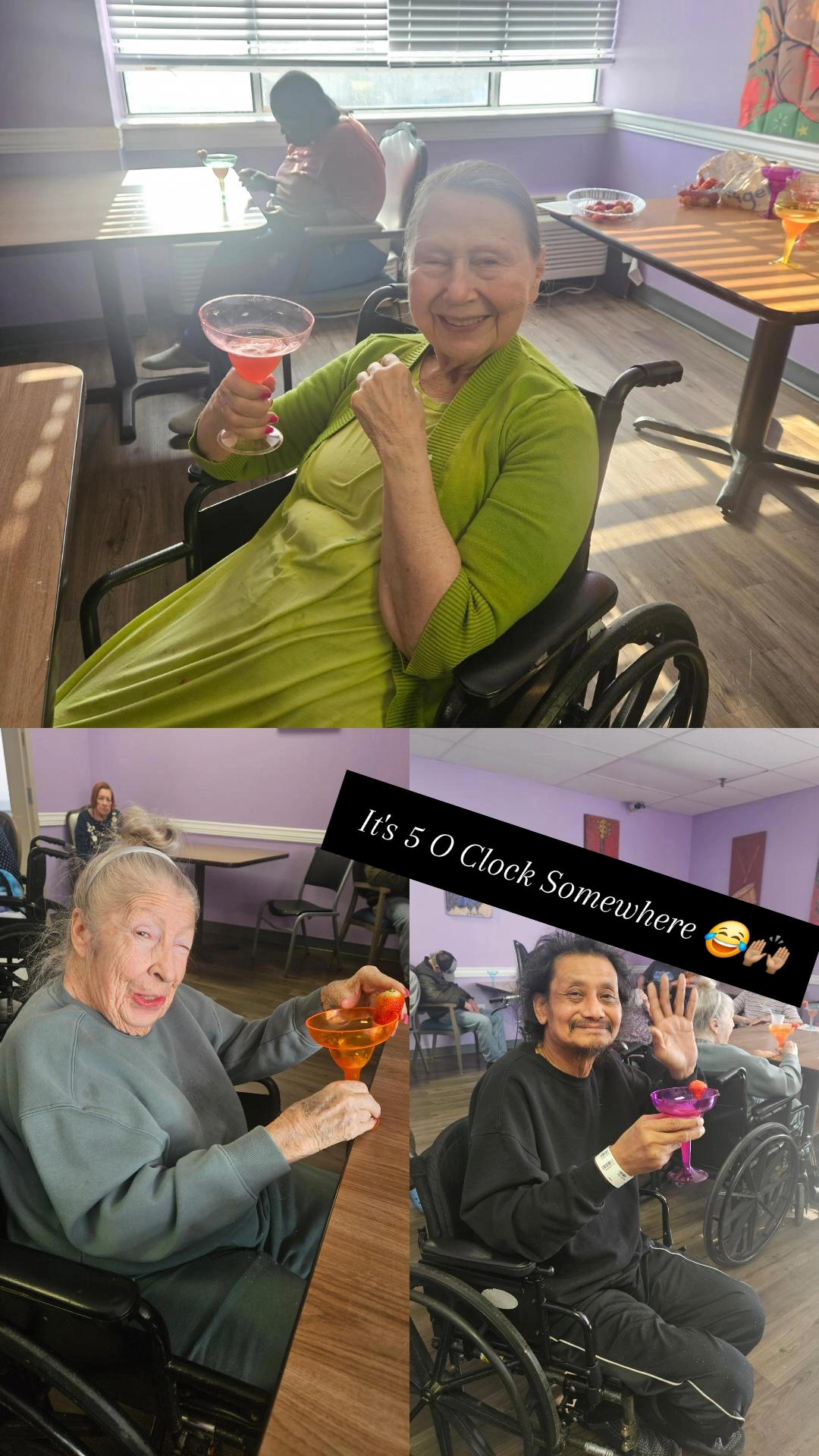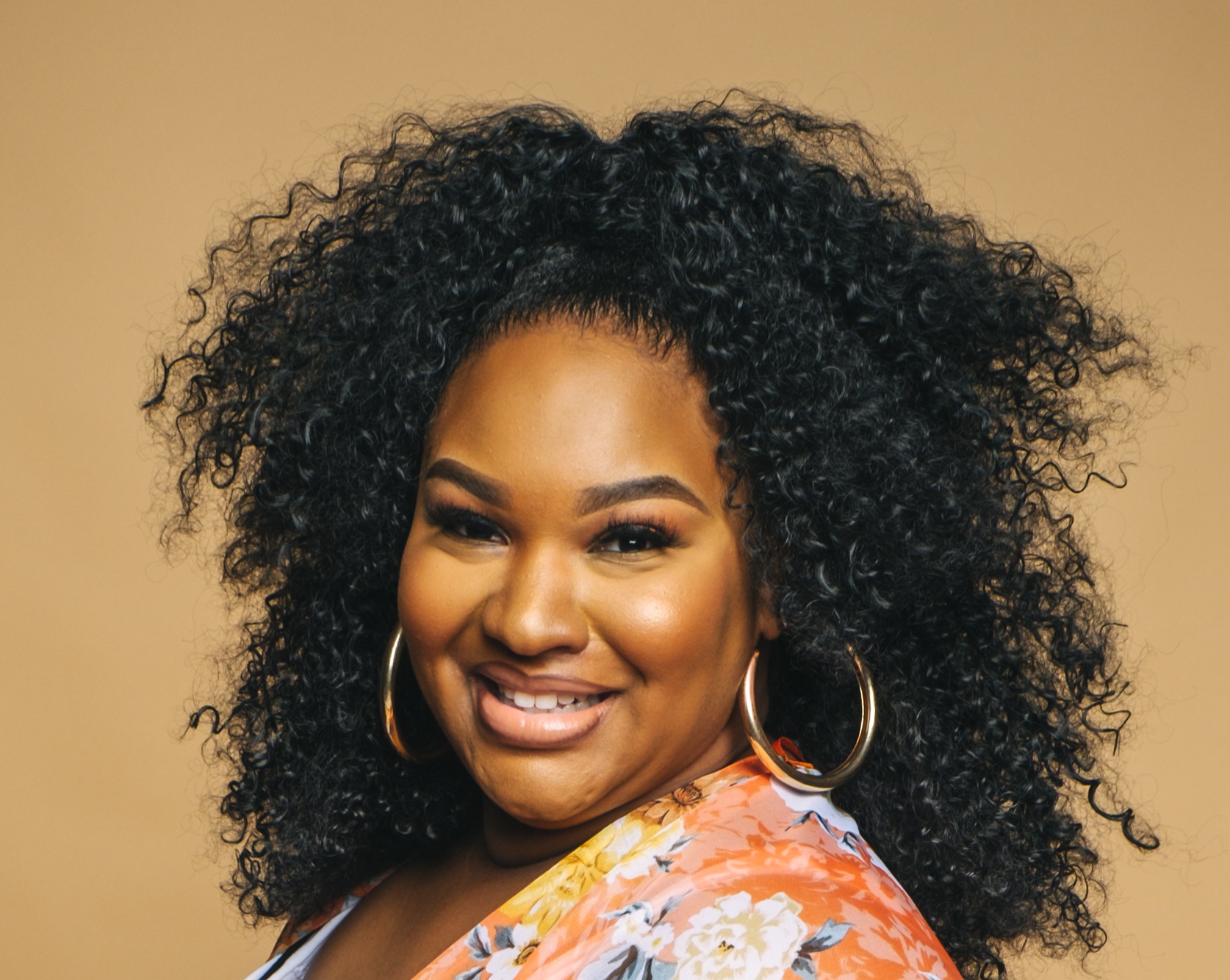

We recently had the chance to connect with Ophelia Childress and have shared our conversation below.
Hi Ophelia, thank you so much for joining us today. We’re thrilled to learn more about your journey, values and what you are currently working on. Let’s start with an ice breaker: What is something outside of work that is bringing you joy lately?
**“Lately, something that has brought me a lot of joy outside of work is a personal project I started called Flowers in Ink. It’s very simple but deeply intentional — I write handwritten letters to women, sometimes people I know and sometimes women I’ve never met except through social media. I don’t have a set schedule or formula for it. Whenever someone is on my heart or spirit, I find a way to get their address, and one day they open their mailbox to find an unexpected, personal letter.
The purpose is to help women pause, feel seen, and be appreciated for simply who they are. As moms, wives, and working women, we don’t often get that random acknowledgment — but when it comes, it means so much. The feedback has been powerful, and it reassures me that this little project is doing exactly what I hoped: creating intentional connection. It’s become a joy-filled outlet for me, and I hope it inspires a ripple effect for others to spread appreciation in their own ways.”**
Can you briefly introduce yourself and share what makes you or your brand unique?
**“Rubie’s Legacy Care was born out of both experience and calling. After working in senior healthcare for over five years as an activity director, I saw firsthand how much intentional engagement and meaningful programs can transform the lives of seniors and individuals with intellectual and developmental disabilities. Too often, activities are treated like ‘fillers,’ but I believe they are one of the most powerful ways to bring joy, dignity, and community to people in every stage of life.
The mission of Rubie’s Legacy Care is simple but profound: honoring legacy, enriching lives, and building community. We create programs that focus on the whole person — emotional, physical, spiritual, and social wellness — and tailor them to meet the needs of different care settings. Our programs are versatile, designed for seniors in retirement homes, dementia care, rehabilitation, and even for individuals with intellectual and developmental disabilities.
At the heart of this work is connection. We’re here to serve people who are often overlooked or underserved — seniors, caregivers, and communities that want more than just ‘something to do.’ We’re here to provide intentional care that sparks joy, encourages independence where possible, and helps people feel truly seen and valued.
Looking ahead, the plan is not just to provide programs but to equip caregivers, facilities, and families with tools and resources that make engagement sustainable. My hope is to shift the culture of senior and disability care — from checking boxes to creating moments of meaning. That’s the change Rubie’s Legacy Care is here to make.”**
Okay, so here’s a deep one: What’s a moment that really shaped how you see the world?
**“A moment that really shaped me was realizing that my very first ‘senior’ was my grandmother. She set the foundation for how I see people, how I connect, and how I give of myself. It’s funny, because before I ever worked in senior healthcare, I was in medical billing and thought that would be my path — just sitting behind a computer. But when I got the opportunity to direct an adult day center, something clicked. I realized I was naturally gifted at creating programs, finding new ways to engage people of all abilities, and building connection.
What started as one role grew into me becoming a resource in my community, being asked to train others, and even developing a dementia program from the ground up. Families, staff, and residents saw the difference — and so did I. That was the moment I stopped questioning whether this was ‘just a job’ and recognized that this is my calling.
The root of Rubie’s Legacy Care is that same spirit my grandmother carried. She made everyone who crossed her path feel seen and valued, and I get to carry that forward now. Everything I build, from programs to personal connections, is grounded in that legacy she gave me.”**
What have been the defining wounds of your life—and how have you healed them?
**“The defining wound of my life has been my childhood. I didn’t grow up with my parents — they both passed away when I was young — and my grandmother raised me the very best she could. She did a phenomenal job, but like many stories, there were still things I lacked: emotional connection, security, and a sense of safety. Those gaps don’t always reveal themselves until later in life — when you become a partner, a parent, or find yourself in spaces that demand emotional depth.
What I’ve learned is that my wounds don’t have to handicap me or define me. Instead, I’ve leaned on resilience. I’ve taken what others might lean on as excuses or barriers and turned them into stepping stones. My story has taught me how to take lemons and turn into a bomb lemonade honey , to carry strength where there could have been bitterness.
That resilience is now part of my identity. People are often surprised when they learn my background because the life I’ve built and the choices I’ve made don’t reflect the lack of tools I started with. I think the healing came from choosing to turn pain into purpose, and from deeply understanding myself. That has shaped me into who I am today.”**
Next, maybe we can discuss some of your foundational philosophies and views? What’s a belief or project you’re committed to, no matter how long it takes?
**“One belief I am deeply committed to, no matter how long it takes, is my mantra: engagement is medicine.
Working in senior care, I’ve seen how easy it is for activities to be reduced to fillers or placeholders. People assume it’s all about bingo — and while yes, bingo has its place, I’ve always believed in going deeper. I wanted to understand what people truly need as they age, beyond their medications and clinical care. What I discovered is that the missing piece — the real secret sauce — is intentional engagement.
Engagement reduces loneliness, strengthens purpose, and improves quality of life in ways that science is just beginning to affirm, but I’ve witnessed it firsthand. I’ve seen programs transform facilities, increase participation, improve census, and most importantly, bring joy and dignity back to people who had begun to feel invisible.
That’s why I built Rubie’s Legacy Care on this philosophy. I know without a doubt that engagement is just as vital as daily medicine — it keeps people alive in spirit and in body. Even when my role ended at one facility, I later learned that many residents I had connected with passed away not long after. That was heartbreaking, but it also reaffirmed for me how powerful and necessary this work is.
So no matter how long it takes, I’m committed to shifting the narrative in senior and disability care. Engagement isn’t extra — it’s essential. And that’s the change I’m here to champion.”**
Okay, so let’s keep going with one more question that means a lot to us: What do you understand deeply that most people don’t?
**“Something I understand deeply that most people don’t is the power of intentional connection and personal accountability.
On one hand, I know that connection is not optional — it’s medicine. Whether it’s seniors in care communities, women receiving a Flowers in Ink letter, or even people I cross paths with in everyday life, I’ve seen how powerful it is when someone feels truly seen and acknowledged. A moment of intentional connection can shift loneliness into joy, invisibility into dignity. That’s something I will never take lightly.
But I also have a deep understanding that we are responsible for how our lives turn out. We all have stories, and some of them are filled with real loss, lack, or hardship. My childhood came with its own wounds and gaps, but I learned that I could either duplicate those wounds — carrying them forward into my choices and relationships — or I could overcome them. And I chose to overcome.
I believe purpose is never one-dimensional, and discovering it is our responsibility. For me, that’s meant building from the ground up, taking accountability for who I want to be, and trusting God to to do his Big one every single time. That perspective has freed me to create, to serve, and to live in a way that’s not defined by what I lacked, but by what I choose to give.”**
Contact Info:
- Website: Rubie’s Legacy Care – Payhip https://payhip.com/RubiesLegacyCare
- Facebook: https://www.facebook.com/share/1BDCPYPK4c/
